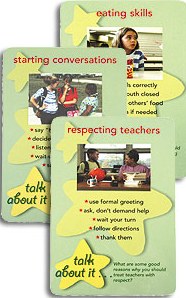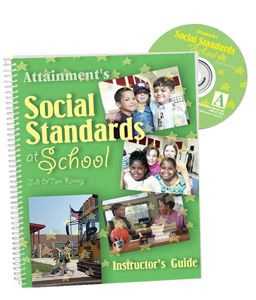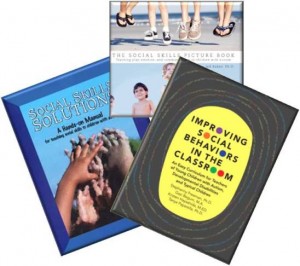To get along with others successfully, people must exhibit prosocial behavior. Susan Fiske, a social psychologist, defines this as behavior intended to benefit others. It includes behaviors such as, helping, comforting, sharing, cooperating, reassuring, defending and showing concern. Prosocial behavior promotes positive interactions and friendships, and exhibiting these behaviors is considered part of the social norm. Since prosocial behavior is expected, deficits in this area can lead to unfulfilled attempts at developing friendships.
Many children on the autism spectrum can spend much of their time intensely focusing on their own self-interests. To enhance their social experiences they will need to learn how to include the interests and needs of others into their daily interactions. To increase prosocial behavior, complex cognitive and emotional competencies, along with specific social skills need to be developed.
Studies have shown video modeling to be an effective tool to teach many different skills and behaviors. Using video modeling DVDs that incorporate perspective taking can help children to understand WHY acting in ways that include the needs, concerns, and interests of others can lead to better friendships. By viewing social interactions from multiple perspectives, children learn, through modeling, what they can do differently to get better outcomes when engaged in social exchanges.
Why does video modeling work?
- Most children are highly motivated, interested and thus attentive to video
- Most enjoy repeat viewings
- It gives the student the opportunity to observe, discuss, imitate and learn skills and behaviors from peers
- It is easier to implement and has been shown to be more effective then using live models
- Many students on the spectrum are visual learners
“ I think in pictures. I do not think in language. All my thoughts are like videotapes running in my imagination. Pictures are my first language and words are my second language.” – Temple Grandin, Ph.D, Teaching Tips for Children and Adults with Autism
Increasing social competency provides children with opportunities to interact with peers more successfully. Video modeling has been shown to be a particularly effective way for children on the autism spectrum to not only gain skills but to generalize those skills as well.
Terese Dana, BCaBA, is a behavior analyst and social skills instructor who has been helping students find solutions to social, emotional, behavioral and organizational challenges since 1988. Ms. Dana consults for both school and home programs. She collaborated with Madison Elementary School, to establish the Madison Educational Center for Children (MECC) in Madison, NH.Ms. Dana is the creator of the Fitting In and Having Fun Video Modeling Program. The DVD series includes: Fitting In and Having Fun, Moving On to Middle School and Confident and In Control. She has also created the File Factor Emotional Empowerment System, a tool that helps children regulate their behavior by teaching them how to identify, understand, express and control their emotions. She is the author of the book, The File Factor; Filing Away Disappointment.
Ms. Dana has appeared on national television, in the New York Times and in The Autism Sourcebook, Everything You Need to Know About Diagnosis, Treatment, Coping and Healing. She lectures across the country and is the autism consultant for Didi Lightful, a children’s television show currently in production. Ms. Dana also serves as board President of The Laura Foundation for Autism and Epilepsy and in that role is creating the Laura Adaptive Sports and Recreation Center in Madison, NH.
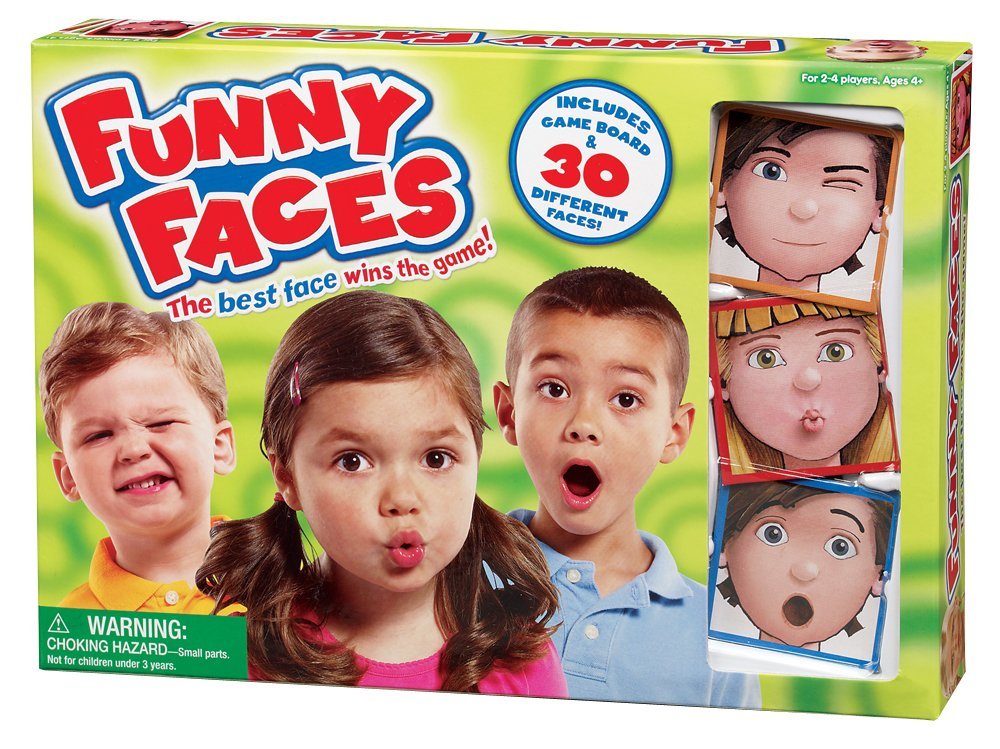
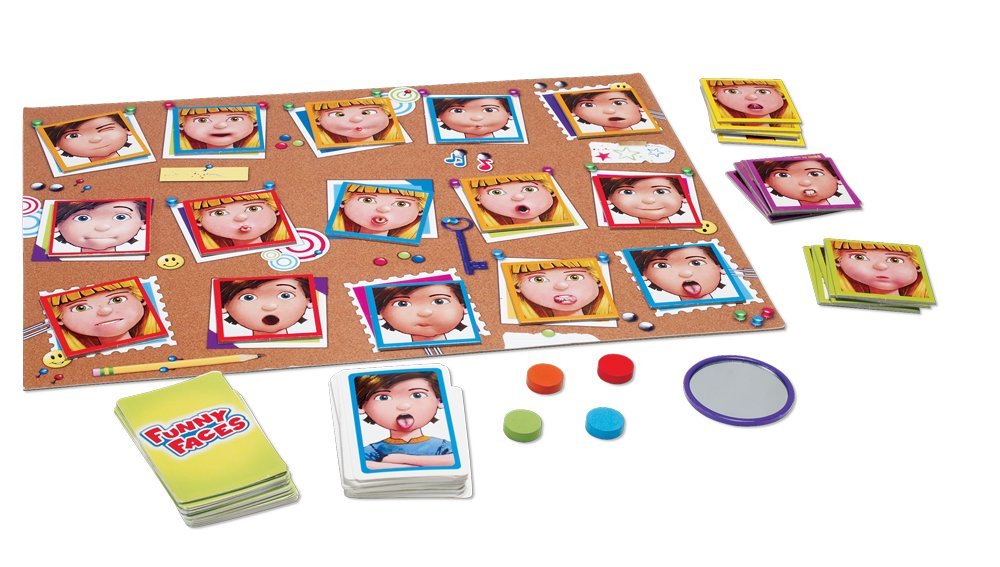



 The I See I Learn series introduces a neighborhood of gentle, caring individuals, who respect and nurture each other. The stories are infused with experiences in which our fictional friends Freda, Percy, Emma, Carlos, Camille, and Ajay learn basic life lessons by effecting positive results.
The I See I Learn series introduces a neighborhood of gentle, caring individuals, who respect and nurture each other. The stories are infused with experiences in which our fictional friends Freda, Percy, Emma, Carlos, Camille, and Ajay learn basic life lessons by effecting positive results.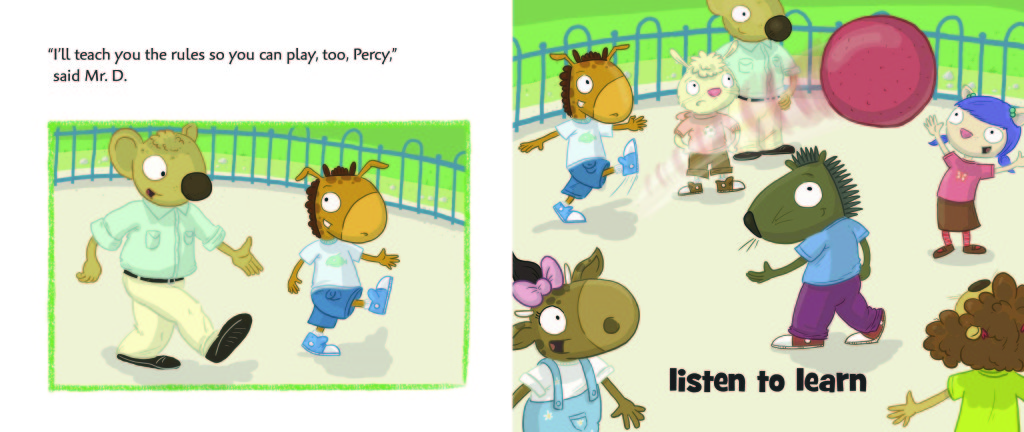


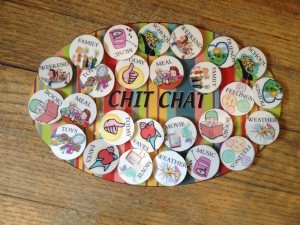
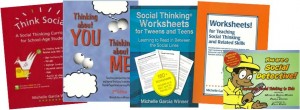
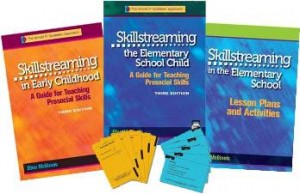 The
The 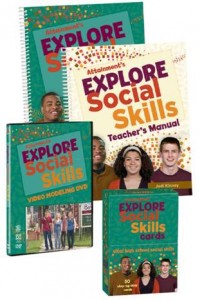
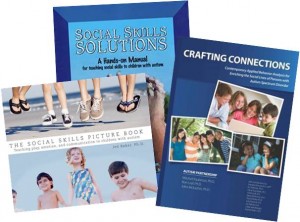 And these are just some of the products featured in our new
And these are just some of the products featured in our new 